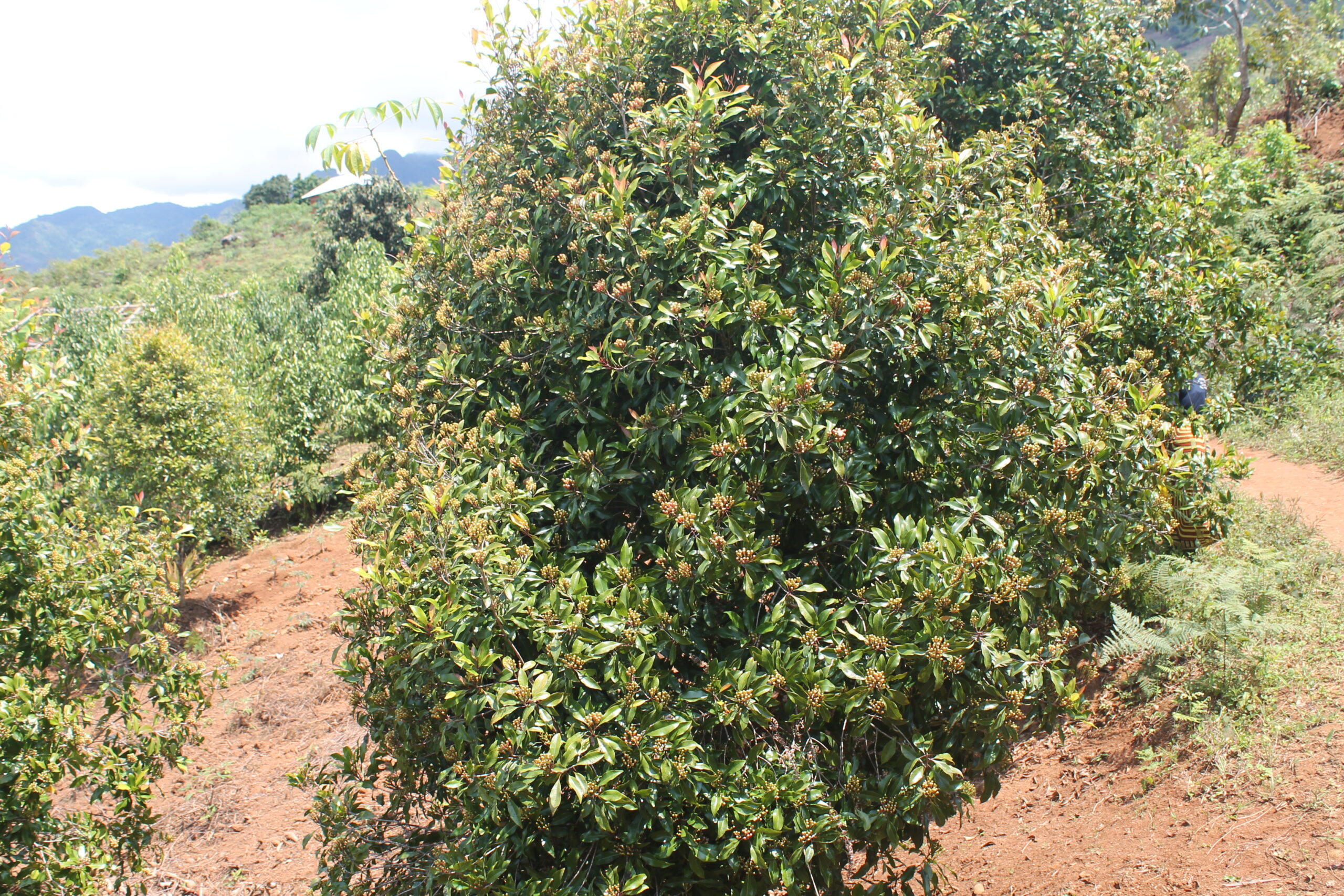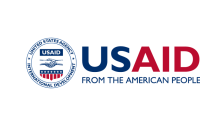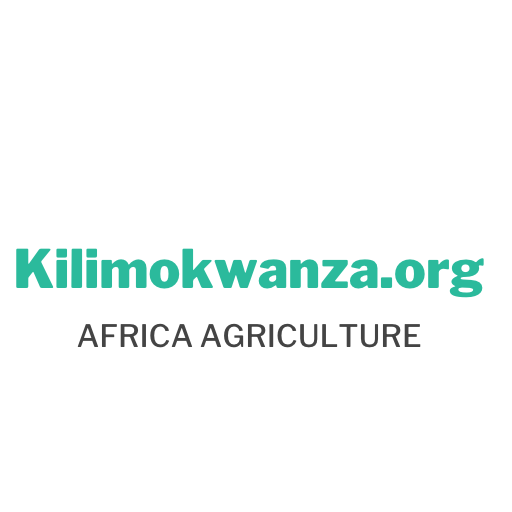Revolutionary Agricultural Financing Mechanism Launched in Tanzania to Boost Tea Industry
Kilimokwanza.org Reporter
Tanzania’s tea industry is set for a transformation with introducing the DUNDULIZA ROPAD (Revolving Fund for Agricultural Development), a groundbreaking initiative to restructure the financing mechanism for tea farmers and processors. According to the Tea Board of Tanzania, the initiative aims to reduce production costs while empowering farmers of all scales – smallholders, medium-sized, and large-scale – across various regions.
Under this innovative scheme, tea farmers and processors will enter into agreements with banks whereby a nominal fee of Tshs 100 will be deducted for every kilogram of green tea leaves harvested. This fee deduction, while seemingly modest, is poised to revolutionize the tea industry by facilitating crucial advancements:
- Establishment of Specialized Tea Factories: The fund will facilitate the establishment of small-scale specialized tea factories focusing on producing high-quality speciality or orthodox tea. This move aims to diversify the tea offerings, cater to niche markets, and fetch premium prices.
- Technological Upgrades for Large Factories: Existing large-scale tea processing facilities will receive technology upgrades to enhance efficiency and product quality. These improvements will enable them to compete more effectively in domestic and international markets.
- Access to Quality Inputs: Farmers will be assured of timely access to high-quality inputs such as herbicides and fertilizers at affordable prices and favourable payment terms. This provision is crucial for optimizing yields and maintaining product consistency, paramount for market competitiveness.
- Promotion of Superior Seed Varieties: Through the fund, farmers will be encouraged to transition from traditional, low-cost seed varieties (priced under US$1) to superior clonal tea varieties (priced over US$3) known for their exceptional quality and market demand. This shift, exemplified by Rwanda’s success, promises substantial increases in revenue for Tanzanian tea producers.
The implementation of DUNDULIZA ROPAD signifies a paradigm shift in Tanzania’s tea industry, marking a concerted effort to modernize operations, improve product quality, and elevate the livelihoods of tea farmers across the country. With strategic interventions from farm to market, stakeholders anticipate a brighter future for Tanzania’s tea sector, characterized by sustainable growth and enhanced global competitiveness.
Revitalizing Tanzania’s Tea Industry: Tea Board Tanzania’s Innovative Financing Framework
Introduction: In the picturesque landscapes of Tanzania, nestled among its rolling hills and verdant valleys, lies a crucial segment of the nation’s agricultural heritage: its tea industry. For decades, Tanzanian tea has been renowned for its flavor, aroma, and unique terroir. Yet, in recent years, this vital sector has faced formidable challenges, hindering its growth and competitiveness on the global stage.
Over the past half-decade, approximately 30,000 farmers spread across 14 districts in six regions—Mbeya, Njombe, Iringa, Tanga, Kagera, and Mara—have tirelessly cultivated between 130,000 to 150,000 tons of green tea leaves annually. Despite this significant output, the industry has struggled to keep pace with its regional counterparts due to many factors. Ageing tea bushes, outdated seed varieties, and antiquated factory machinery have collectively acted as stumbling blocks, impeding Tanzania’s tea production from reaching its full potential.
Challenges in Production, Processing, and Trade: The internal dynamics of Tanzania’s tea industry have contributed to a complex web of challenges. Discrepancies in pricing perceptions between farmers and processors have led to a disheartening scenario. While processors lament the rigidity of price controls, farmers bemoan the prices’ inadequacy. This discord has sown seeds of disillusionment within the industry, prompting some farmers to abandon tea cultivation in search of more lucrative alternatives. Simultaneously, processors, facing diminishing returns, have redirected their investments elsewhere, exacerbating the industry’s decline.
Moreover, Tanzania’s tea struggles to compete in international markets, fetching lower prices than its regional counterparts such as Malawi, Burundi, Rwanda, Uganda, and Kenya. The root cause of this disparity lies in the cost structures embedded within Tanzania’s tea value chain. High production, processing, and trade costs, coupled with outdated practices, have rendered Tanzanian tea less competitive globally.
The Role of Specialized Financing: Recognizing the urgent need for intervention, the Tea Board Tanzania (TBT) has spearheaded an ambitious initiative: the Rolling Plan for Agricultural Development (DUNDULIZA ROPAD). This innovative financing mechanism addresses the industry’s myriad challenges by restructuring the financial landscape for tea farmers and processors.
Under the auspices of DUNDULIZA ROPAD, TBT collaborates with financial institutions to establish a sustainable financing framework. Farmers of all scales, from smallholders to large estates, are encouraged to open dedicated accounts managed by partner banks. During peak harvest seasons—spanning from January to May—Tshs 100 will be deducted per kilogram of green tea leaves, with an estimated annual revenue of Tshs 12-13 billion.
Investment Opportunities: The funds accrued through DUNDULIZA ROPAD are earmarked for transformative investments to modernise tea production and processing facilities. Small-scale farmers will receive support to acquire state-of-the-art equipment geared towards producing Green Orthodox Tea (GOT). Additionally, efforts will be made to transition from outdated seed varieties to modern clonal tea, which commands significantly higher prices in international markets.
Moreover, the initiative seeks to streamline market access costs and enhance the procurement of inputs such as fertilizers and herbicides. By centralizing procurement processes, TBT aims to provide farmers access to quality inputs at competitive prices, thereby reducing production costs and enhancing overall competitiveness.
Benefits of DUNDULIZA ROPAD: The implementation of DUNDULIZA ROPAD promises a multitude of benefits for tea farmers, processors, and the broader industry:
- Access to Modern Technology: By facilitating financing for modern machinery, DUNDULIZA ROPAD ensures tea processors can upgrade their facilities, improving efficiency and product quality.
- Affordable Inputs: The initiative aims to reduce production costs by centralized procurement, which provides farmers with access to quality inputs such as fertilizers and herbicides at competitive prices.
- Government and Development Partner Support: DUNDULIZA ROPAD provides a platform for governmental agencies, machinery suppliers, and development partners to contribute equipment and inputs without needing high-interest loans.
- Enhanced Competitiveness: By modernizing production and processing practices, Tanzania’s tea industry can improve its competitiveness in the global marketplace, securing better product prices and stimulating economic growth.
Conclusion: DUNDULIZA ROPAD represents a pivotal moment in Tanzania’s tea industry—a beacon of hope amidst the challenges that have beset this vital sector. Through strategic collaboration between TBT, financial institutions, and stakeholders, Tanzania is poised to reclaim its position as a leading player in the global tea market. By addressing key challenges in production, processing, and trade, DUNDULIZA ROPAD lays the foundation for a more vibrant, sustainable, and prosperous future for Tanzania’s tea industry.


